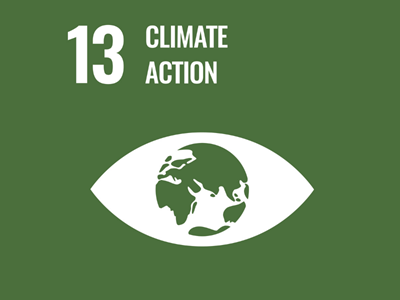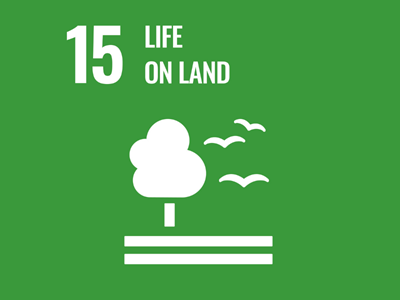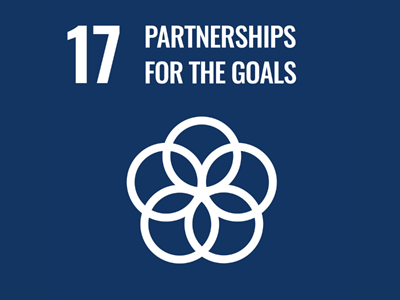About the Project
PANDASIA - Pandemic literacy and viral zoonotic spillover risk at the frontline of disease emergence in Southeast Asia to improve pandemic preparedness
This project aims to investigate potential pandemic drivers along nature-rural-urban gradients by comprehensively collecting social and biological data and modeling zoonotic spillover rates and disease emergence in high-risk settings in Thailand. By understanding the interactions between underlying drivers of spillover at local levels, the project seeks to develop evidence-based strategies for pandemic preparedness and public health measures.
PANDASIA employs a transdisciplinary approach, integrating perspectives from One Health and EcoHealth, to predict, analyze, and model viral pathogen spillover potential. The project emphasizes community-driven, co-created interventions and communication strategies to improve pandemic and health literacy among at-risk communities and public health authorities.











